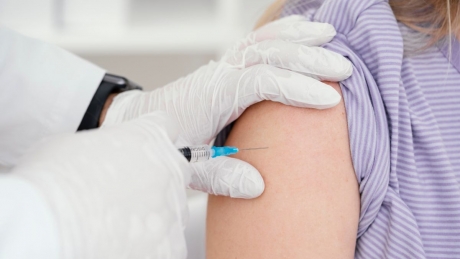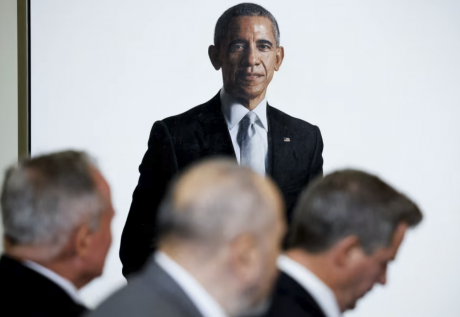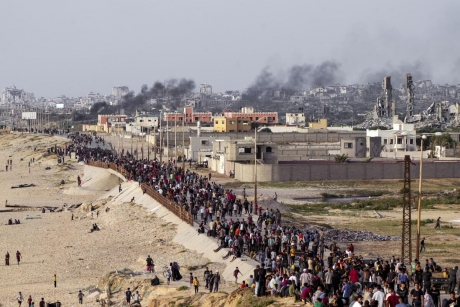Middle East: Council presidency triggers activation of the Integrated Political Crisis Response
On 17 October, EU leaders meeting in a videoconference to discuss the situation in the Middle East, identified important and urgent areas of work including humanitarian assistance, engagement with partners, domestic security issues and migration. They highlighted the importance of constant monitoring, exchange of information and coordination.

In this context the Spanish Presidency has today proceeded to the activation of the Integrated Political Crisis Response (IPCR) arrangements in full mode. The IPCR monitoring function had already been activated on 16 October.
The IPCR is the Council’s crisis response mechanism. It supports fast and coordinated decision-making at EU political level for major and complex crises, bringing together member states, the EU institutions, and other key partners, including relevant external actors such as the UN and third countries.
The activation of the IPCR will support the constant monitoring of the situation and coordination efforts.
Background
The IPCR is the Council’s crisis response mechanism. In times of crisis, the presidency of the Council brings together key actors, notably from EU institutions and affected member states, to ensure coordination and address gaps.
The IPCR mechanism supports the Council presidency, the Committee of Permanent Representatives (Coreper) and the Council, by providing concrete tools to:
- streamline information sharing
- facilitate collaboration
- coordinate crisis response at political level
The main tools include informal roundtables, analytical reports to provide decision makers with a clear picture of the current situation, and exchange of information.
The IPCR was in monitoring mode since 16 October and is now activated in full mode, involving the preparation of proposals for EU action to be decided upon by the Council of the EU or the European Council.
The IPCR has been activated multiple times, including for Russia’s war of aggression against Ukraine, the COVID-19 pandemic and the migration crisis and has tackled diverse challenges in response.
© European Union, 2023
Editor, Andreea Gudin

 acum 1 an
162
acum 1 an
162























 English (US) ·
English (US) ·  Romanian (RO) ·
Romanian (RO) ·